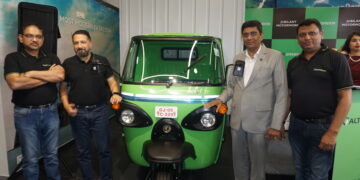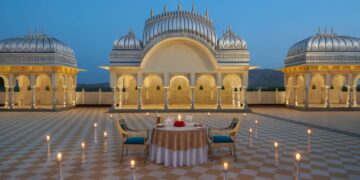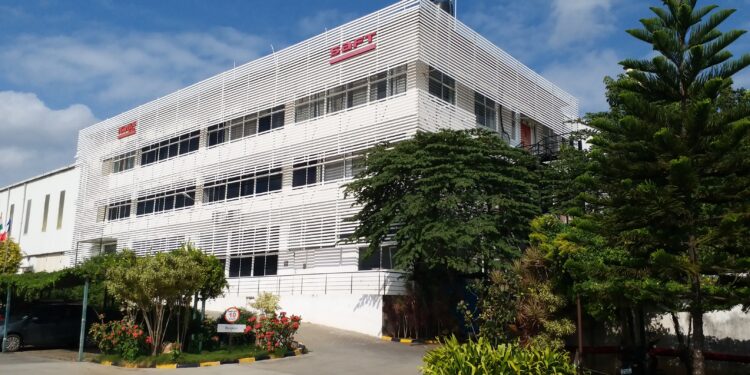- Saft Urja, Urja meaning energy in Sanskrit is the new name replacing Amco Saft and shows the spirit of Saft and its commitment to India.
- In 2021, Saft India will increase its production capacity by 20%, enhance its work force at its design office and launch new industrial battery products for India region.
India, December 10th 2020 – Saft is launching the Saft Urja brand as the new name for its products manufactured and sold from its subsidiary in India. Adding to its existing product portfolio, Saft India is further gearing up to introduce new products for maintenance-free industrial applications and off-grid solar applications, showing its commitment to sustainability through innovative approaches and reliable renewable energy.
Franck Cecchi, Executive Vice President for Saft’s Industrial Standby business, says: “India is strategically important and exciting for Saft. We have a strong presence here and we’ve built up a solid brand awareness over the past 14 years now. India benefits from a high potential fast-growing battery market, with average annual estimate growth of 9% in the coming five years.”
Arindam Majumdar, Chief Executive Officer of Saft India adds: “We are confident for the future. Urja means energy in Sanskrit, so by branding our products under the name of Saft Urja, we are reflecting the spirit of the country and showing Saft’s positive energy.”
To leverage on the “Make in India” program driven by the Indian Government, Saft India is extending the production capacity by 20% at its factory in Bangalore. The site follows the quality standards and procedures established across all Saft’s plants throughout the globe. Those standards provide high reliability and efficient operation for the Indian market.
Saft India is a trusted manufacturer of nickel technology battery systems for industrial power backup, utilities, oil and gas, railways and metro operators in India. Many of those batteries operate in difficult and demanding conditions, for example, at subzero temperatures in the Himalayas (Leh Ladakh, Jammu and Kashmir), in hot climates of the Thar and Kutch deserts and in hot and humid conditions of the western and eastern coasts.




































